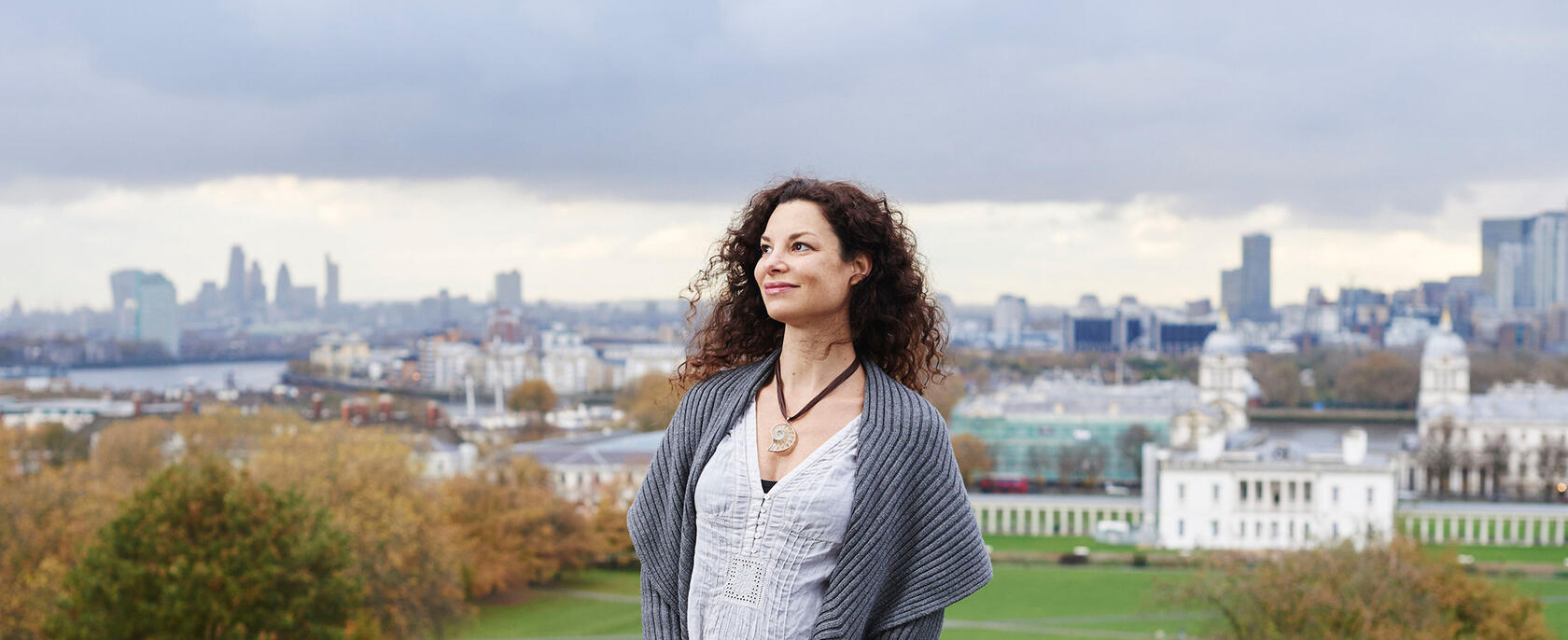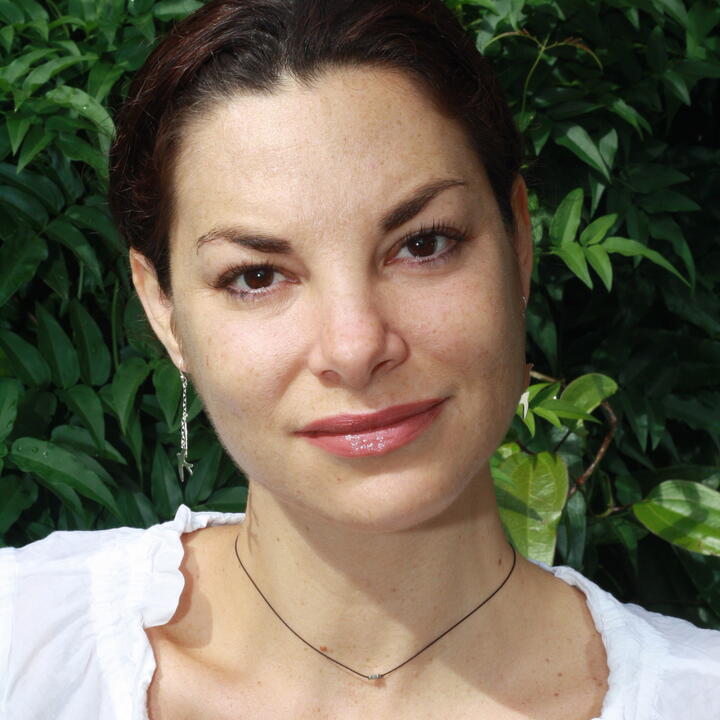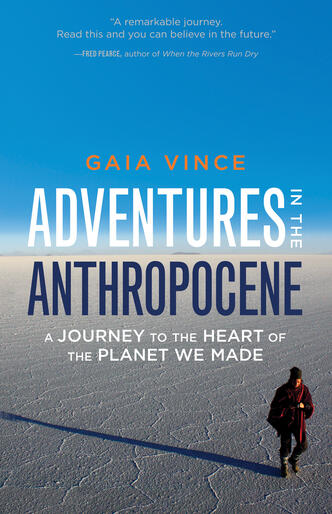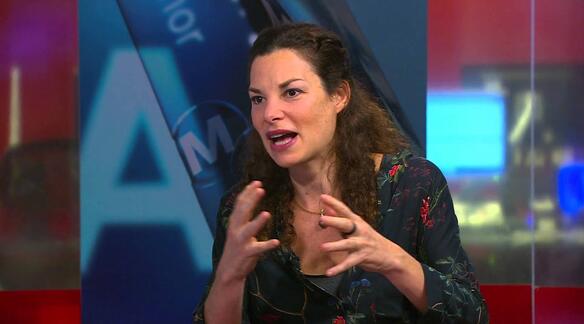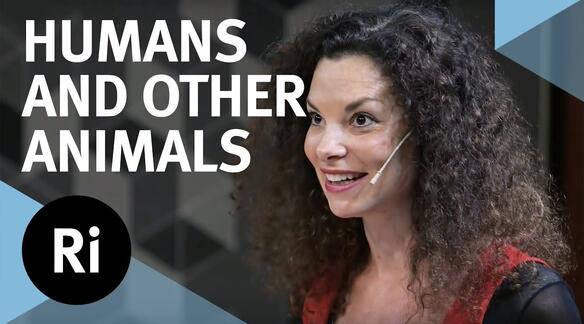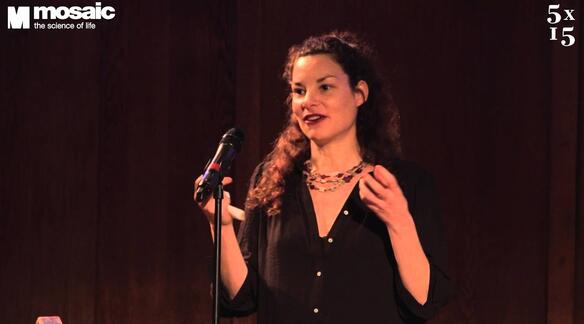Gaia Vince is the author of Adventures in the Anthropocene: A Journey to the Heart of the Planet We Made, which received the Royal Society Winton Prize for Science Books, the largest international prize celebrating science writing for non-specialist audiences—making Vince the first woman to win the prize outright. A journalist and broadcaster specializing in science and the environment, she was the news editor of Nature, the editor of the journal Nature Climate Change, the online editor of New Scientist, and a columnist for the American Scholar. Her work has also been featured on the BBC and in the Guardian, Scientific American, Science, and elsewhere. A native of Australia, she resides in London and blogs at WanderingGaia.com.
